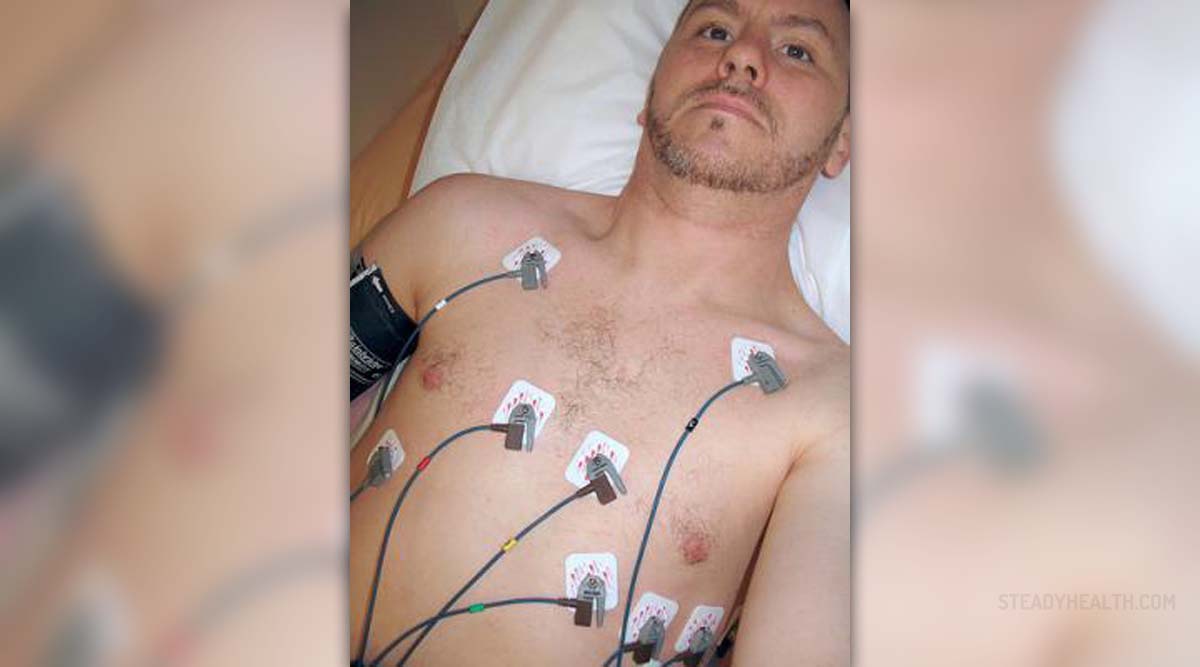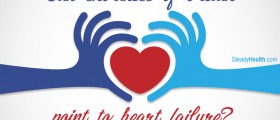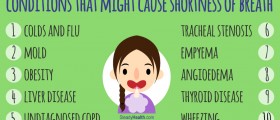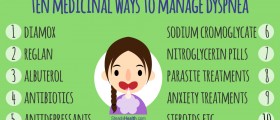
An Unpleasant, Nocturnal Fit
Many people have experienced the situation of waking up in the middle of the night, gasping for air, troubled by the sensation of breathlessness. This shortness of breath is a common thing, caused by numerous different factors, varying in seriousness. Therefore, in order to react to it correctly and possibly stop it from pestering you, get informed about its likely causes and the best and most effective treatment for it.
Causes of Shortness of Breath at Night
Whenever one is to seek medical attention regarding this condition repeating frequently from one night to another, his or her medical history may be of great assistance for the doctor's proper diagnosis. Nevertheless, this nocturnal shortness of breath is a problem most commonly connected to one's heart problems. Thus, if one is troubled by this condition repeatably, there is a high likelihood that his heart is either failing or suffering from some kind of a disease.
One of the heart problems behind this condition deals with the heart's inability to circulate one's blood flow correctly and successfully. Therefore, the blood ends up in the lungs, causing breathing difficulties. This condition reaches its peak during the night, due to the horizontal position of one's body. In a similar manner, one may have fluids inside his or her lungs due to inactivity. Namely, if a person lacks physical exercise and fitness during his or her everyday existence, sitting or lying most of the time, all the fluids from the body get transferred to its lower parts. Thus, once going into a horizontal position, the fluids reach the lungs, causing the shortness of breath. This can be treatable instantly, by standing up from the bed and moving around a bit.
Unfortunately, the list of reasons behind shortness of breath at night does not stop here. If a heart failure is on the rise, you might experience swelling in the ankles, coughing and expelling mucus along with the whole experience of breathlessness. In such cases, immediate medical assistance is a must.
Possible Treatment of This Problem
After being examined by the doctor, you might be advised to reduce your intake of salt. Also, you might be prescribed some diuretics which will help you expel the excessive liquids from your body. Finally, lifestyle changes may be necessary, introducing physical activity and exercises as well as diet modifications. Before any changes happen, however, it is important for you to explain your doctor the exact symptoms of your condition, in order for him or her to provide you a most effective solution.

















Your thoughts on this
Loading...